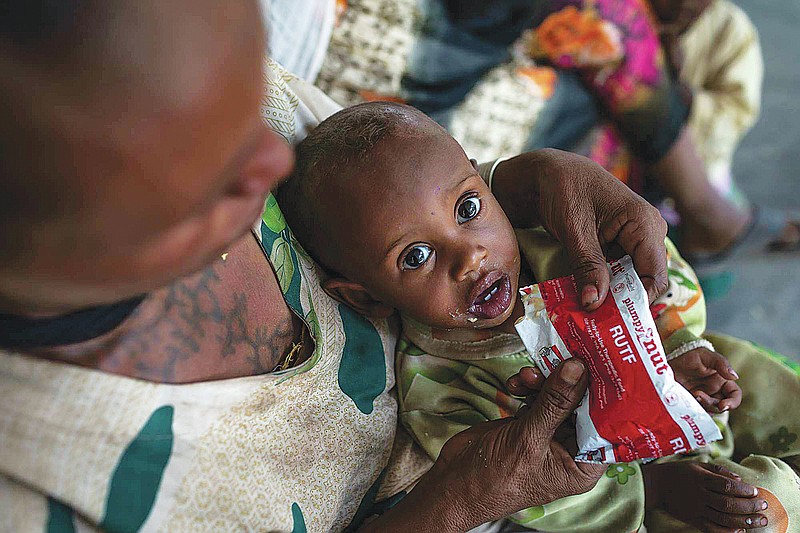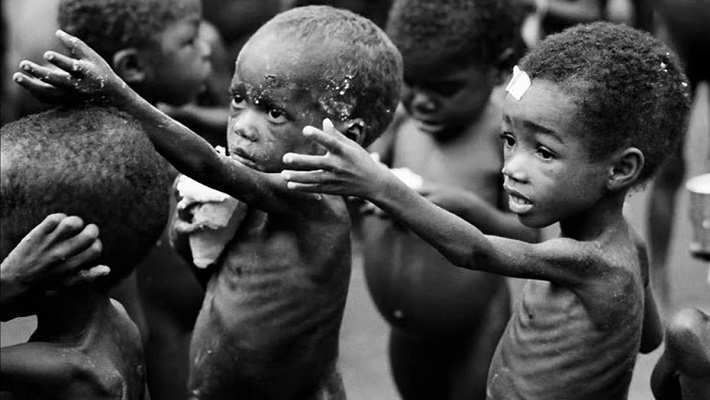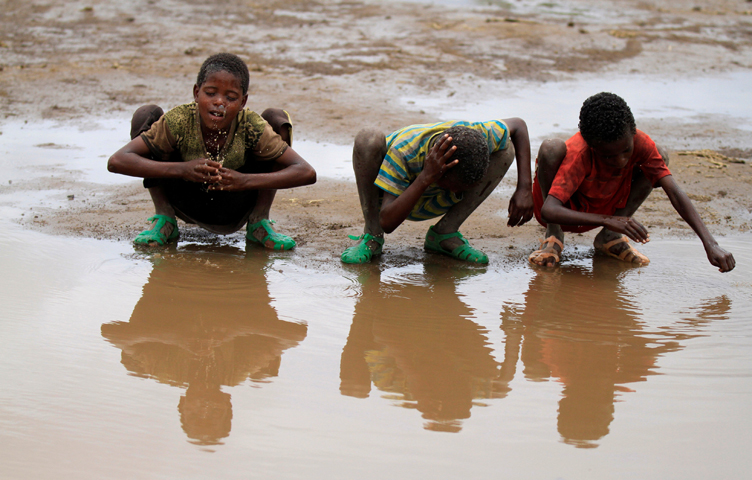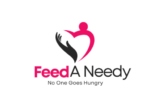
Introduction
Ethiopia, a nation of ancient traditions and vibrant cultures, faces significant challenges in ensuring the well-being of its youngest citizens. With one of the fastest-growing populations in Africa, Ethiopia’s children are both its greatest asset and its most vulnerable. At Feed a Needy, we are dedicated to addressing the critical needs of Ethiopian children and working towards a future where every child can thrive.
The Current Situation
Ethiopia’s children face numerous obstacles, including widespread poverty, malnutrition, and limited access to education and healthcare. According to the World Food Programme, over 3 million Ethiopian children are in need of emergency food assistance. Additionally, many children are affected by poor educational facilities and inadequate healthcare services, which hinder their development and future prospects.
Our Vision
Feed a Needy envisions a future where every child in Ethiopia has access to nutritious food, quality education, and essential healthcare. We aim to empower children and their families by addressing immediate needs and fostering long-term development. Our approach focuses on four key areas:

- Addressing Hunger and Improving Nutrition
- Emergency Food Assistance: Provide critical food aid to families in crisis-affected areas to ensure that children receive the nutrition they need to grow and develop.
- Community-Based Programs: Implement nutrition programs that include supplementary feeding, community gardens, and partnerships with local agricultural initiatives to enhance food security.
- Nutritional Education: Educate families about proper nutrition and healthy eating practices to improve dietary habits and reduce malnutrition.
- Expanding Educational Access
- School Infrastructure: Support the construction and repair of schools to create safe and conducive learning environments for children.
- Learning Materials: Distribute educational supplies and resources, including textbooks, computers, and learning aids, to improve the quality of education.
- Teacher Development: Invest in training and professional development for teachers to enhance their skills and improve educational outcomes.
- Enhancing Healthcare Services
- Healthcare Access: Support the establishment of health clinics and mobile health units to provide essential medical services to underserved communities.
- Disease Prevention: Implement health education programs focused on preventing common diseases and promoting good hygiene practices.
- Mental Health Support: Provide psychological support and counseling to address trauma and mental health issues among children.
- Supporting Family and Community Resilience
- Family Assistance: Offer support programs to help families rebuild their lives and improve their economic stability through vocational training and livelihood programs.
- Community Engagement: Work closely with local communities to ensure that our programs are culturally appropriate and effectively address local needs.
- Advocacy: Advocate for policies and practices that support the rights and well-being of children, both at the local and international levels.

Our Commitment
Feed a Needy is dedicated to operating with transparency, effectiveness, and collaboration. We are committed to:
- Transparent Operations: Keeping our supporters informed about our programs, finances, and impact through regular updates and reports.
- Impact Measurement: Using robust monitoring and evaluation systems to assess the effectiveness of our initiatives and make data-driven improvements.
- Collaborative Partnerships: Building strong partnerships with local organizations, government agencies, and international partners to maximize our impact.
Call to Action
We urge individuals, organizations, and governments to support our mission to improve the lives of children in Ethiopia. Your involvement can help us provide essential resources, build infrastructure, and create opportunities for a better future. Together, we can make a meaningful difference in the lives of Ethiopian children.
